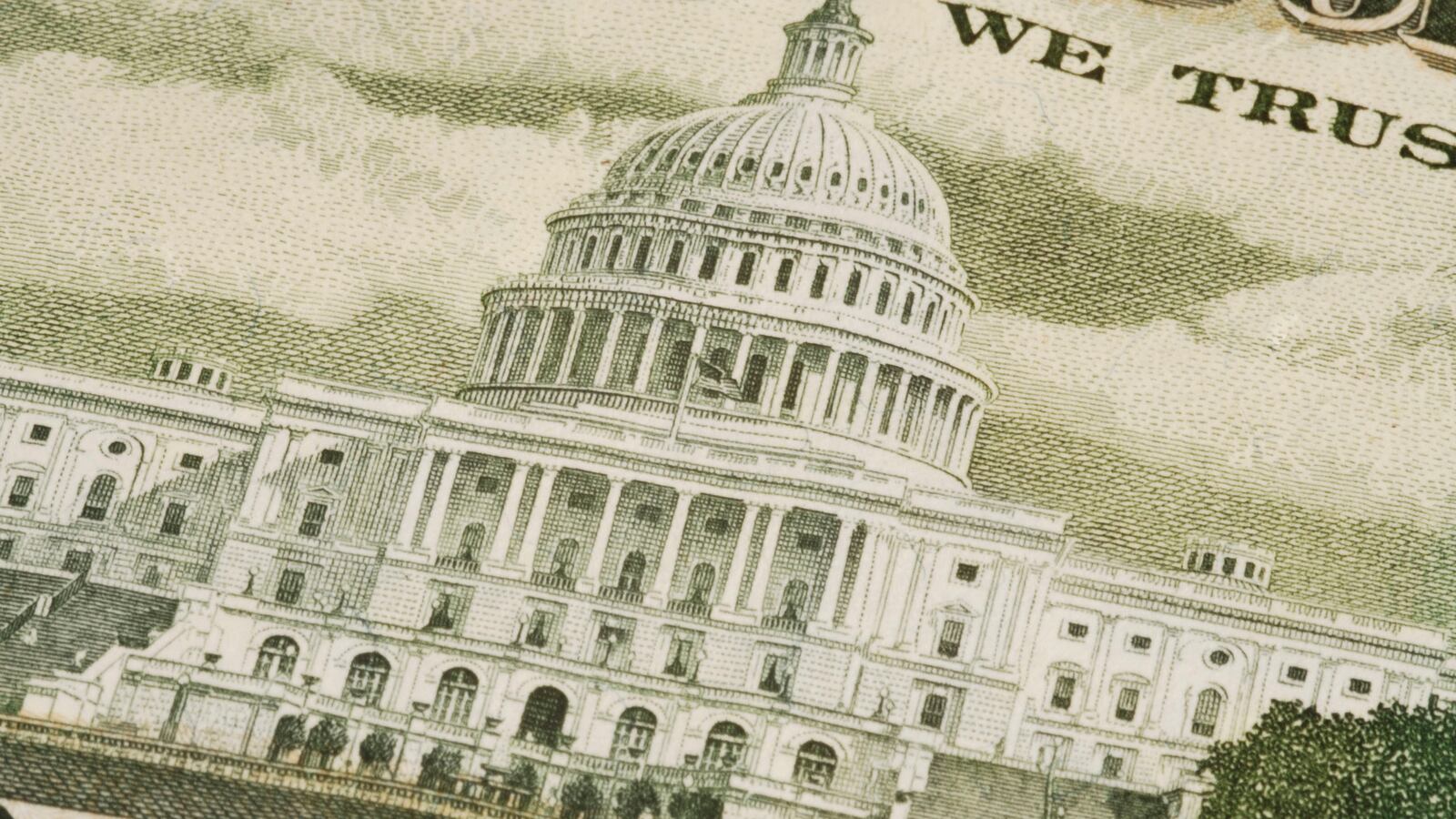On Tuesday, the Senate Judiciary Committee met to consider amendments to the Constitution designed “to restore democracy to the American people.” At the top of its list was a resolution proposed by Senator Tom Udall (D-NM) to secure to Congress a power the Supreme Court is quickly taking away: the power “to regulate the raising and spending of money” in elections, by limiting both contributions and expenditures.

The Constitution may well need to be amended. We differ about precisely how. But amendments are not easy. To pass the Senate requires 67 votes. There are just 53 Democrats in the Senate today (plus two Independents who caucus with the Democrats). Even if every one of those senators supported an amendment, it would still need a dozen Republicans. Yet there is not a single Republican who has sponsored any of the many amendments that have been proposed to address the issue of money in politics. Most insiders believe the task of passing an amendment through this Congress is simply impossible.
“Impossible.” As the Army used to say, “The difficult we do immediately, the impossible takes a little longer.” And while we’re not opposed to impossible campaigns, we believe it critical that this movement to “restore democracy” also try the merely “difficult.” For long before two-thirds of Congress will propose an amendment to the Constitution and three-quarters of the states will ratify it, Congress could radically change the way campaigns are funded, through a simple majority vote.
For this, we believe, is the core problem with our democracy today: that we have outsourced the funding of campaigns to the tiniest fraction of the 1 percent. As members of Congress spend between 30 percent and 70 percent of their time raising campaign cash, they focus their efforts on no more than 150,000 Americans—0.05 percent of the population, about the same number who are named Lester. And for SuperPACs, the numbers are even tinier. In the 2012 election cycle, 132 Americans contributed 60 percent of the SuperPAC money spent in all races. Congress has become dependent upon this tiny slice of the 1 percent, but in no conceivable way does this tiny fraction represent America.
The data confirm as much: In the largest empirical study of policy determinations ever in the history of political science, two Princeton scholars have now demonstrated that while Congress is responsive to the “economic elite” and “groups representing business interests,” it is not responsive to ordinary Americans. As Martin Gilens and Ben Page put it, their data demonstrate that “average citizens… have little or no independent influence” on what Congress does.
Congress could fix this problem tomorrow, with a simple majority vote, by enacting legislation that would change how campaigns are funded. Whether it follows the idea of most Democrats, by offering matching funds to candidates who wage small-dollar funded campaigns, or the idea of some Republicans, to provide tax credits or vouchers to candidates who wage small-dollar funded campaigns, Congress has the power to remove the current dependence on the tiniest fraction of the 1 percent, and replace it with the dependence that Madison promised it would have—“on the People alone.”
This may well not be enough. Congress may also have to pass an amendment—eventually. But neither would an amendment alone be enough. And changing the way campaigns were funded would bring more members to Congress eager to complete the work of “restoring democracy.” Changing the way campaigns are funded is a “difficult” but essential first step on the way to the “impossible” task of amendment.
Yet too many politicians are afraid to even mention this obvious, and obviously simpler, solution to the problem of American democracy. And practically no elected Republican will even acknowledge it—forgetting, of course, that there would never have been a President Reagan had there not been public funding for presidential elections.
So we have decided to create a SuperPAC to force Congress to face the obvious. More than a year ago, we asked experts to calculate the cost of electing a Congress in 2016 that would pass fundamental reform. That number was big. But essential to the plan was to pilot the idea in 2014, by running a reform-based campaign in five districts, testing what works, and when we win, terrifying the rest of Congress about the potential for this SuperPAC to rally citizens to demand reform.
The cost of the 2014 pilot was estimated at $12 million. And so on May 1, we launched an experiment to see whether we could kickstart at least half. We set an initial goal of $1 million in 30 days. As with Kickstarter, we said we would not collect anything unless we hit that goal and got it matched. We then would launch a second campaign to raise $5 million in 30 days, which again we’d get matched. Both together would give us the funds we need to pilot the plan, and provide the foundation for the much bigger 2016 campaign.
The insiders thought this was “impossible” too. But with the help of 13,000 supporters, with a median contribution of just $50, we crossed the $1 million mark in 13, not 30, days. That $1 million has now been matched—by two of Silicon Valley’s greatest innovators (Reid Hoffman of Linked-In and Peter Thiel, cofounder of Paypal), two of the Internet’s greatest venture capitalists (Brad Burnham and Fred and Joanne Wilson, of Union Square Ventures), the curator of TED, Chris Anderson, and a longtime combatant in the fight to “restore democracy,” Vin Ryan, founder of Iron Mountain.
So now we launch the second challenge—$5 million in 30 days. And if we succeed in that too, then we will launch the first stage of this fight to force Congress to address the immediate source of the real corruption in this democracy—not so much whether Target or ExxonMobil can speak, but the way politicians raise the money to fund their campaigns.
This is the hard work that Congress should do. It’s easy to hold hearings on resolutions that everyone knows will fail. It takes leadership to force debate on ideas that no one believes can pass—but must pass. That’s the leadership that Lyndon Johnson demonstrated, both in the Senate in 1957, and as President, when he forced a reluctant South to finally accept equal rights. That’s the leadership that this nation needs again, but that, in the grandstanding of D.C. partisanship, seems truly “impossible.”






